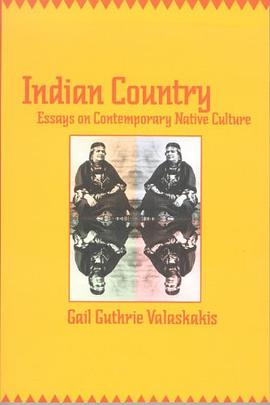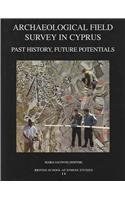

具體描述
Heated debates about and insurgencies against female circumcision are symptoms of a disease emanating from a mindset that produced hierarchies of humans, conquered colonies, and built empires. The loss of colonies and empires does not in any way mitigate the ideological underpinnings of empire-building and the knowledge construction that subtends it. The mindset finds its articulation at points of coalescence. Female circumcision provided a point of coalescence and impetus for the articulation. Insisting that the hierarchy on which the imperialist project rests is not bipolar but multi-layered and more complex, the contributions show how imperialist discourses complicate issues of gender, race, and history. Nnaemeka gives voice to the silenced and marginalized, and creates space for them to participate in knowledge construction and theory making. The papers in this volume trace the travels' of imperial and colonial discourses from antecedents in anthropology, travel writings, and missionary discourse to modern residues and configurations in films, literature, and popular culture. In a significant way, the volume has implications for transnational feminism and development in the sense that it interrogates foreign, or Western, modus operandi and interventions in the so-called Third World and shows how the resistance they generate can impede development work and undermine the true collaboration and partnership necessary to promote transnational feminist agenda. The contributors succeed in presenting these complex ideas and arguments with great clarity and in simple, accessible language.
著者簡介
圖書目錄
讀後感
評分
評分
評分
評分
用戶評價
相關圖書
本站所有內容均為互聯網搜索引擎提供的公開搜索信息,本站不存儲任何數據與內容,任何內容與數據均與本站無關,如有需要請聯繫相關搜索引擎包括但不限於百度,google,bing,sogou 等
© 2025 book.quotespace.org All Rights Reserved. 小美書屋 版权所有




















